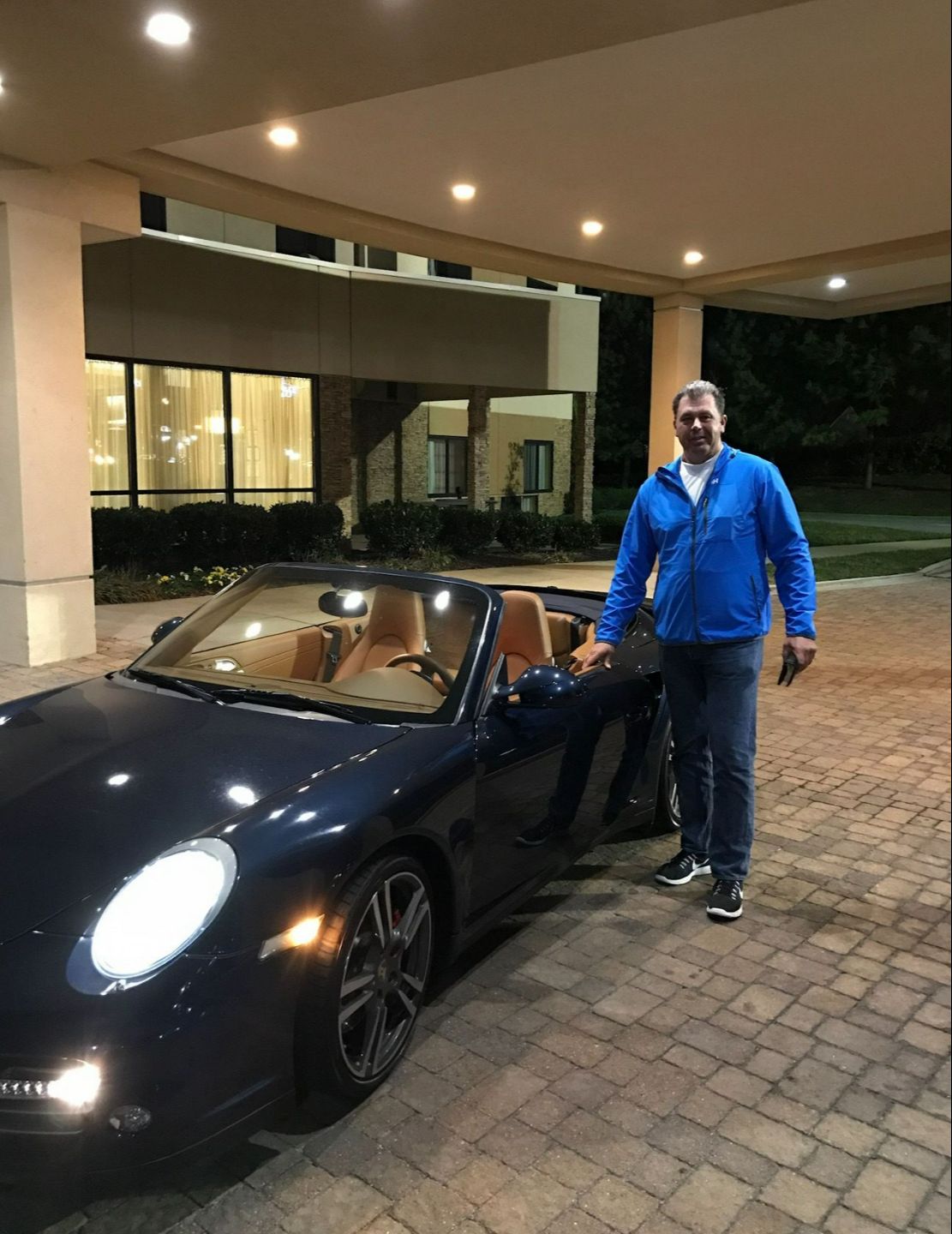Super Heroes and Cinderella Vision: A Recipe for Disaster
Jan 06, 2025
The stories we consume…on screens, in books, and even passed down in family lore…aren’t just entertainment. They’re programming. From a young age, we internalize narratives that shape how we view ourselves, our roles, and our relationships. For men, it’s the Hero’s Journey: the lone warrior embarking on a mission, facing impossible odds, and emerging victorious. For women, it’s the Cinderella Vision: the belief that love…perfect, life-changing love…is worth waiting for, fighting for, and sacrificing for.
Both of these archetypes sound inspiring, even noble. But when they collide, the result can be a recipe for heartbreak and dysfunction. Let’s unpack how these narratives subtly shape us, how they set men and women on courses destined to clash, and what we can do to rewrite the story.
The Hero’s Journey: Men as Superheroes on a Mission
From the time boys are old enough to understand stories, they’re introduced to the idea that their worth is tied to their accomplishments. Whether it’s Star Wars, The Dark Knight, or The Matrix, the message is the same:
- A man must leave the comfort of his ordinary life.
- He must face trials and enemies, often alone.
- Victory…or greatness…is his ultimate purpose.
The Hero’s Journey teaches men that relationships, while desirable, are secondary to their mission. The love interest is usually a reward for a job well done, not an equal partner in the quest. Men are programmed to prioritize achievement, independence, and stoicism, often at the expense of emotional connection. Vulnerability? That’s a weakness. The mission always comes first.
Cinderella Vision: Women Waiting for the Perfect Love
For women, the programming is just as pervasive but entirely different. Movies like The Notebook or Titanic, and even classics like Gone with the Wind, teach women that love isn’t just part of life…it’s the defining moment of life. The archetype of Cinderella, the woman who endures hardship until a magical, perfect love arrives to transform her life, is everywhere.
The Cinderella Vision teaches women:
- Love is the ultimate goal and will complete you.
- True love is worth waiting for, sacrificing for, or even enduring pain for.
- If you’re patient and persistent, you can "fix" or win over the emotionally unavailable man.
The message is clear: women are relational beings. Their worth is tied to their ability to find and sustain love, even if that love is one-sided or unrequited.
When the Hero Meets Cinderella: The Collision
Here’s where it gets messy. The Hero’s Journey and the Cinderella Vision are inherently at odds.
Men, conditioned to see themselves as superheroes on a mission, often treat relationships as secondary. They’ll "settle down" once the quest is over…once they’ve built the business, conquered the mountain, or saved the world. Emotional intimacy can feel like a distraction from the goal.
Women, on the other hand, are conditioned to wait. They’re taught to believe that if they’re patient enough, their prince will eventually realize that love is the real treasure. And so, you have a dynamic where:
- Men pull away to focus on their mission, viewing emotional needs as burdens.
- Women chase or wait, believing their love will transform the man into the perfect partner.
When this plays out in real life, it often leads to frustration and heartbreak. The man feels trapped or misunderstood, and the woman feels neglected or undervalued. Both blame the other, not realizing they’re acting out scripts written long before they met.
Why We Need to Look More Critically at These Narratives
The problem isn’t just that these archetypes exist…it’s that we rarely question them. We don’t stop to ask:
- Why do men have to carry the burden of stoic independence?
- Why are women taught to sacrifice their dreams for love?
- And most importantly, why do we keep perpetuating these roles in media, culture, and even our own relationships?
These narratives aren’t just outdated…they’re harmful. They keep men and women locked in cycles of unmet expectations and unspoken frustrations.
How We Can Rewrite the Story
To break free, we need to rewrite the story…for ourselves and for future generations. Here’s how:
1. Redefine the Hero’s Journey
Men can still embark on meaningful quests, but relationships shouldn’t be a side mission. Emotional vulnerability isn’t a weakness…it’s another form of courage. A true hero isn’t just someone who conquers challenges but someone who can share the journey with a partner.
2. Move Beyond Cinderella Vision
Women can still value love, but it shouldn’t be the defining purpose of life. The idea of waiting for or "fixing" someone who’s unavailable should be replaced with the pursuit of mutual, equal partnerships. Women can…and should…have their own hero’s journey.
3. Challenge Media Narratives
Media plays a massive role in shaping these archetypes. We need more stories that show men and women as collaborators, not opposites. Love doesn’t have to be the reward for completing the quest…it can be part of the quest itself.
4. Build Relationships on Equality
The most fulfilling relationships aren’t about one person sacrificing for the other. They’re about shared growth, mutual respect, and emotional connection. Both partners should be on a journey, supporting and challenging each other along the way.
Final Thoughts: A New Recipe for Love
The Hero’s Journey and the Cinderella Vision are powerful narratives…but they’re not the only ones. If we want healthier, more fulfilling relationships, we need to stop treating these stories as blueprints and start creating our own.
Men don’t have to be superheroes. Women don’t have to be waiting for a prince. Together, we can write stories where love isn’t a collision of conflicting roles but a partnership that elevates both people.
It’s time to rethink the recipe.
What do you think? Are you still playing out one of these scripts in your own life…or have you started writing a new one?
Let me know in the comments.

About Bob Manor
Bob Manor is the founder of South Ontario Auto Remarketing , Can-Am Dealer Services , and co-founder of Auto Auction Review. He’s also the creator of Influence.vin, a branding and communication studio built for the car business. With over 30 years in the automotive world, Bob specializes in wholesale, dealer services, and identity-driven brand strategy. He’s a regular contributor to well-known automotive publications and uses his platforms to help industry pros re-align with who they are, not just what they do




